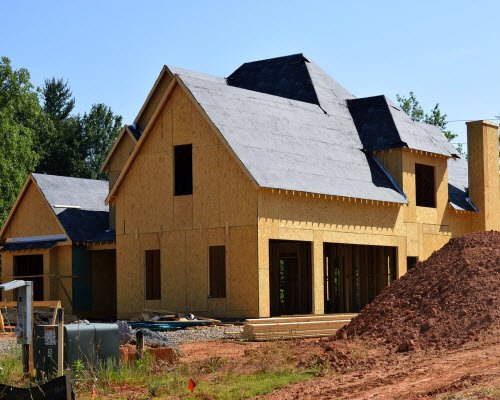Everyone’s goal in selling their home is to find the red flags before negotiations begin and make the most money possible.
Getting an inspection before listing will ultimately save you a lot of time and money in the long run.
A serious buyer will more than likely require a home inspection before sealing the deal, but the pre-listing inspector will not be the same one doing the buyer’s inspection.
The inspector hired by the seller will identify hidden problems and necessary repairs that, once addressed, will ultimately raise the value of your house.
If you receive an A grade, or near, you can hand out copies of the report to potential buyers to showcase the condition of your home.
Save Money
A pre-inspection gives you a heads up on any repairs or problems potential buyers will want you to address. You then have the time to compare costs for different issues and a variety of contractors.
Any issues that show up in the buyer’s inspection report will ultimately lower your asking price, tackle these head on before listing!
A pre-inspection report will also allow you to disclose all problems upfront and this can protect you against claims buyers could make later.
The fewer problems your home has, the faster it will likely sell.
Quick Sales Process
Lessen the time of back-and-forth negotiations and have your house market ready. When repairs are already identified and completed your home will be more attractive to buyers.
Pre-inspection reports will reassure buyers that no major surprises are waiting for them and they’ll feel more comfortable making an offer.
Spotlight Attractive Features
As long as you’re not trying to sell a fixer-upper, a pre-inspection can highlight the selling points of your home.
Whether it’s an electrical upgrade or seriously cool swimming area, instill the confidence in buyers that there are no problems to be found.
Now you know the benefits of a pre-inspection, but what are some things you can do to prepare for the inspection? Check out our tips to ensure a successful inspection:
- De-clutter: Clean out those spaces below your bathroom or kitchen sinks, move any boxes out of the way, and clear the path to water heaters and other appliances.
- Full access: Give inspectors complete access by unlocking garages, gates, sheds, etc. and moving any items blocking the path to attics or basements.
- Turn on lights: Make sure light bulbs work, even in areas of little use like basements or storage spaces.
- Pull out the paperwork: Provide your inspector with documentation of home maintenance and repairs. This will include roof, chimney, water heater inspections and any insurance claims.
- Check for clogs: Go through your home and check each sink by running water. Take care of slow drains with store-bought clog removers or contact a plumber for any seriously clogged drains.
Check out what our seller’s inspection provides and give yourself the upper hand in negotiations by avoiding any surprises in an inspection report.
Schedule an inspection with us today. We guarantee an inspection within 48 hours, and we’re open 7 days a week!


